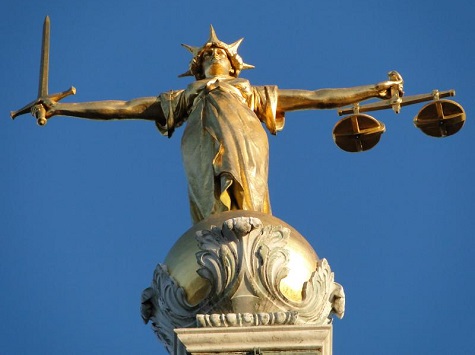
Britons accused of crimes can wait up to three years to face trial, creating a limbo that punishes them even though they have been found guilty of no crime. A total of 57,000 are on Police bail, where officers define the conditions of release rather than the courts.
The Sun’s lead columnist Trevor Kavanagh calls for a maximum of three months between a person being arrested and charged. Kavanagh says that the current system is “unjust” as people suffer years on bail and are unable to live their lives properly. He said: “It allows police to arrest a suspect and THEN go fishing for evidence.” Meaning that the process can go on for years.
Kavanagh’s intervention follows a call last year by the Law Society of England to limit the period to 28 days. At the time the Daily Mail reported one example of a man who had been on police bail for fraud since 2009. But there are thousands that wait six months or more with some waiting up to three and a half year.
The problem is made worse by the fact that many of the people that wait the longest are not charged. This is because the police were unable to find enough evidence and so took very long times in the hope some might materialise.
In the past things worked more smoothly, in the 1960s it took just six week to catch the Great Train Robbers and put them on trial. This is because in the 1960s the Crown Prosecution Service (CPS) did not exist, with evidence instead being reviewed by the Police themselves and put forward to the courts.
Today the CPS receive a report from the Police and make a decision about how to proceed. This is a bureaucratic element that can delay proceedings considerably, whereas in the past the Police could just get on with the case.
Kavangher said: “We must clear out the overly political and grotesquely inefficient Crown Prosecution Service, which has become a law unto itself, and speed up the administration of justice.”
The CPS was originally created after fears that the law was being applied differently in different police forces. However, more recently the idea has taken hold that variations in how seriously offences are taken might actually help an area be more responsive to local policing needs.
People on police bail are often restricted in what they can do, and in many cases their predicament is well known making it impossible to make a major decisions or do things like change jobs.

COMMENTS
Please let us know if you're having issues with commenting.